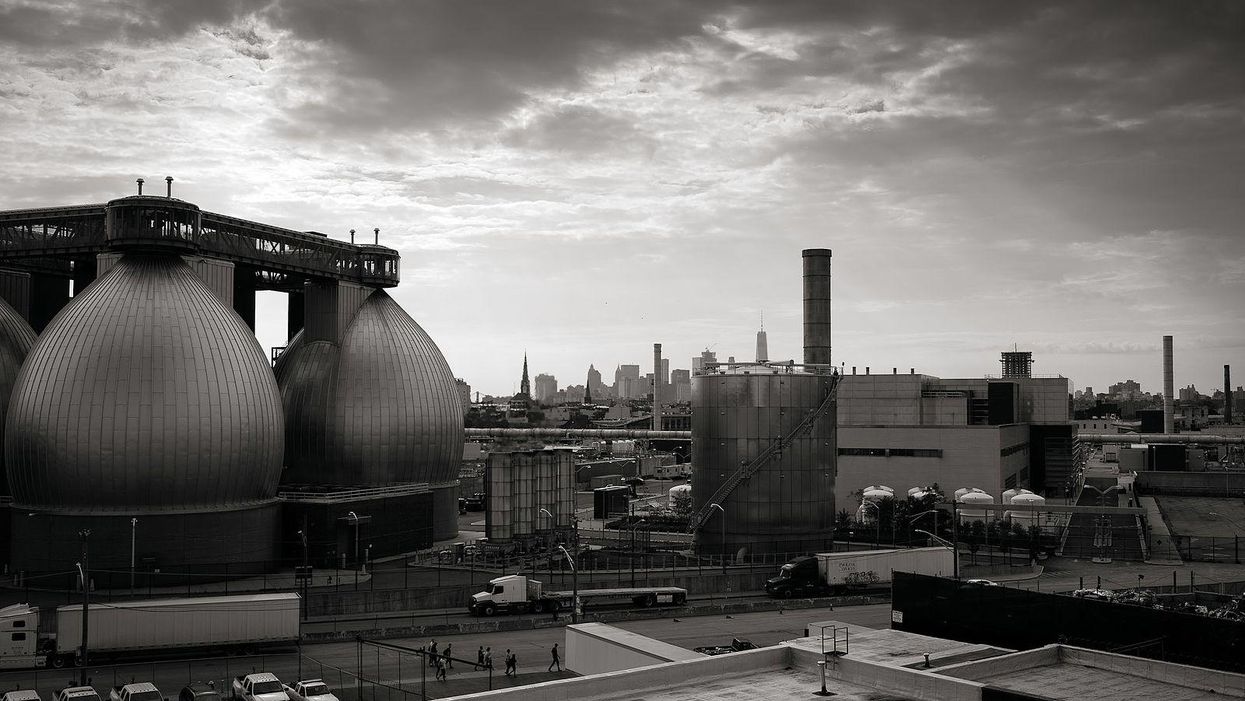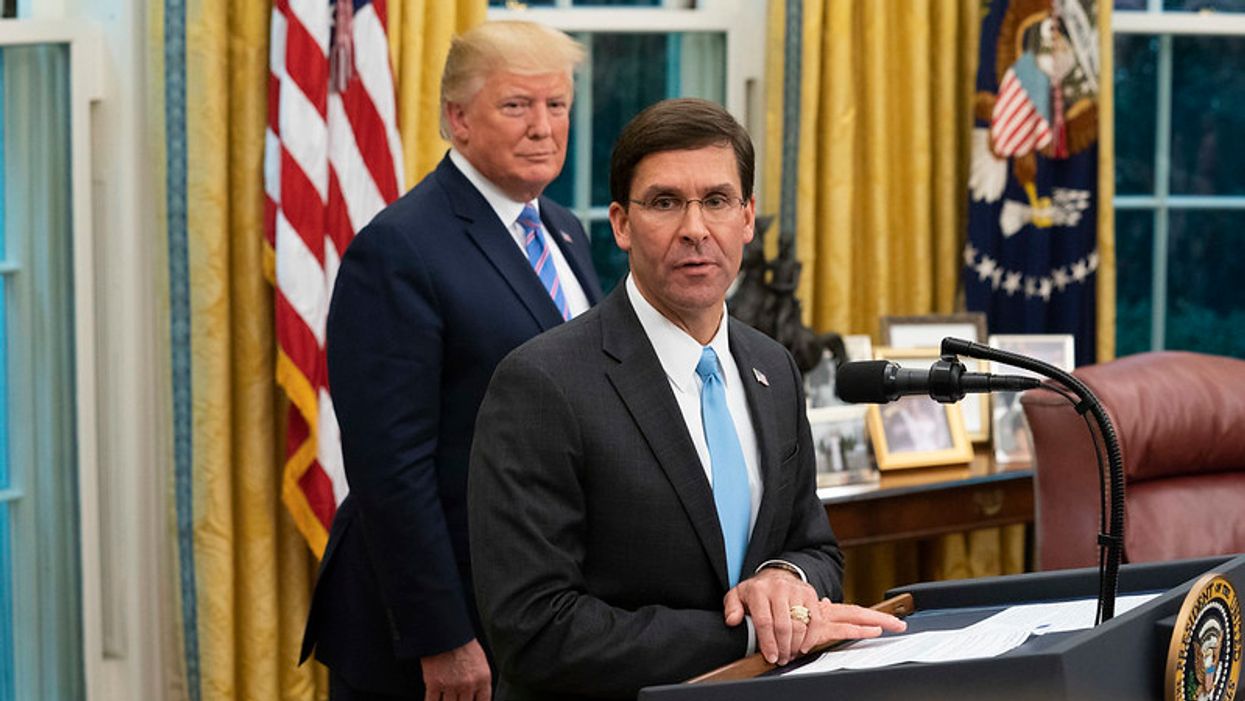Now We Must Protect Our Water From Wall Street
"The pump don't work 'cause the vandals took the handles." Thus sang Bob Dylan in 1965, and we can now clearly see those vandals: In addition to polluting corporations, they're the national, state, and local officials who have routinely failed over the years to prevent the waste and defilement of our water supply while also failing to budget for even minimal upkeep and modernization of water delivery. As a result, the system is badly broken.
Federal funding for our water systems has plummeted 77 percent since its peak under former President Jimmy Carter. At the same time, the need for more national investment has dramatically increased: The U.S. population has surged by 110 million; aging water infrastructure is outdated and breaking down; state and local politicians have ignored problems (replacing an old pipe is not a prized photo-op); and necessary upgrades to cope with new contaminants and extreme weather events have gone unfunded by politicians catering to pro-corporate financial interests and anti-government ideologues.
So, here we sit, a nation of unsurpassed prosperity using duct tape and political hype to cover up the fact that our drinking water system is so dilapidated that it received a sorry C-minus grade from the quadrennial evaluation by the American Society of Civil Engineers. Worse, the wastewater component of the system (mile after mile of underground sewage pipes and nearly 16,000 treatment plants) scores a D-plus, with a majority of the waste plants nearing the end of their 45- to 50-year life spans. The overall system is so fragile that a water main breaks somewhere in America every two minutes, and it's so permeated with leaks that utilities lose 6 billion gallons of drinking water every day.
And then there's the rising crisis of affordability. With federal funding cut to a dribble, utilities have tried to fill in with constant hikes in water bills. Our average monthly rate has jumped more than a third since 2012, and analysts estimate that within three years, up to 36% of households won't be able to afford drinking water. Even with rising fees, utilities themselves are struggling. The American Water Works Association reports that income fully covers costs in only one in five systems, and four out of five large utilities expect they will not be able to provide full service five years from now.
Billions of years ago, when some squirmy form of early "us" crawled out of the sea, they brought along the need for that basic ingredient. Human bodies are 60 percent water, and most of earth's surface is not earth at all — 71 percent is covered in seas, rivers, lakes, bayous, etc. There is no "us" unless each of us gets a constant intake of reasonably clean water. If you don't ... you die, usually within three days.
Thus, managing this precious natural resource is a deeply moral responsibility. While our globe has an abundance of the wet stuff, 96.5 percent is undrinkable salt water. Of the potable 3.5 percent more than half is locked in ice at the polar caps or so deep underground it's unavailable. Still, we do have enough water to meet the needs of all — if it is conserved and fairly distributed.
Sadly, most countries do a piss-poor job of fulfilling their moral responsibility — especially the U.S., given our resources, abilities, and egalitarian pretensions. The good news is that the U.S. public is not only increasingly aware of the inexcusable inadequacies and inequalities in our water system but also increasingly outraged . As Sen. Bernie Sanders put it in February when introducing a major water justice bill: "It is beyond belief that in 2021, American kids are being poisoned by tap water."
Wall Street's sharks smell money in the water. In fact, they are out to privatize, commodify and "profitize" (own) our water. Of course, with ownership comes control, both of water's use and price. Unsurprisingly, the two core precepts of these Wall Street profiteers are: Water is greatly underpriced, so let's make it more expensive for all users, including us common drinkers; and water must flow to its "highest use" (i.e., highest bidders), so its allocation should not prioritize nonindustrial farms, lower-income communities or even general public use — but rather advantage high-tech facilities, upscale suburban developments and high-dollar businesses willing to pay the most.
More alarming, Wall Street is busy creating complex new financial gimmicks to allow speculators to dominate global water markets. Meanwhile, they're recycling the same gobbledygook about risk management that Enron deployed in the 1990s, even though that scandalous power play for energy markets led to massive corruption, job losses, waves of bankruptcies, and rip-offs of customers and shareholders.
For a splash course on water issues, look up "H2Equity: Rebuilding a Fair System of Water Services for America" from the Environmental Policy Innovation Center (http://www.policyinnovation.org).
To find out more about Jim Hightower and read features by other Creators Syndicate writers and cartoonists, visit the Creators webpage at www.creators.com.




